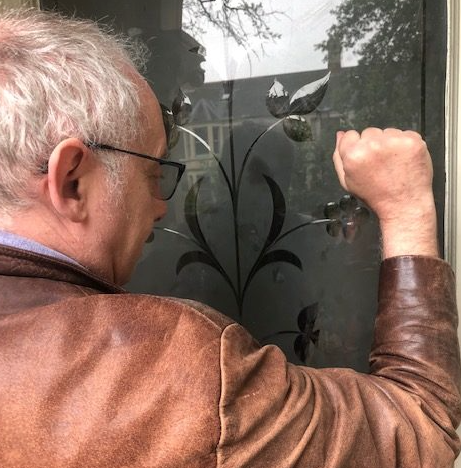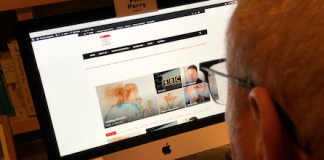- X marks the spot again - 17th February 2026
- Wordy again part three - 16th February 2026
- ‘Lies, damned lies etc…’ - 13th February 2026

During 23 years with the BBC, and 40 years in journalism, our Editor, Welshman Phil Parry was often confronted by secrecy and relies on brave insiders leaking policy information, so he welcomes news now that Labour have said they will ban NHS managers who silence whistleblowers.
Some policies have my support (as well as, presumably, that of all investigative journalists), whichever party they come from.
It is even more important that this news comes from Labour who will stop managers that try to gag whistleblowers from working in the National Health Service (NHS), because they are likely to form the next UK Government after Thursday.

In an interview with the Guardian last week, Wes Streeting pledged to push through the formal regulation of NHS managers, declaring: “I think the only way in which we genuinely protect whistleblowers and create a culture of honesty and openness is if you have tough enforcement”.
This is welcome news, as The Eye (which I edit) have exposed any number of appalling scandals in the NHS, when courageous insiders have passed me information.
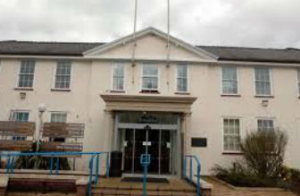
For example we were given exclusive details by whistleblowers who had worked at Brecon War Memorial Hospital of how an elderly stroke victim was allegedly slapped in bed by a carer, and that visiting families were forced to bring in food to keep their starving relatives alive.
Journalists on my website were also told that falsification of notes at the hospital was “routine practice”.

One whistleblower said: “The night culture at Brecon hospital is amateur at best, dangerous at worst. (Staff were) drunk on duty, nurses (were) put to bed as they were drunk, then woken up before days-staff turned up. A convicted sex-offender was working as a care assistant.”
A police investigation followed which lasted several months.


The disturbing news of the events at the Brecon hospital came hard on the heels of earlier alarming information.
At Ysbyty Cwm Cynon in Mountain Ash, 10 hospital workers were suspended following the death of an elderly woman who was found with “unexplained and serious injuries” on a ward.
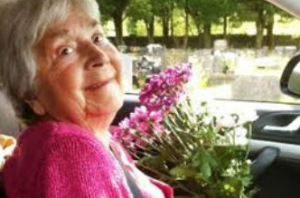
Meanwhile nurses at a hospital in Bridgend were investigated by police for allegedly drugging elderly and difficult patients to enjoy a quiet night shift.
One nurse exposed what was happening at the town’s Princess of Wales hospital before the death of 82 year old Lillian Willams.
Families of patients at Tawel Fan Mental Health Unit in Ysbyty Clwyd were told that their loved ones had been filmed crawling across floors (by a UK newspaper) before the building was demolished.
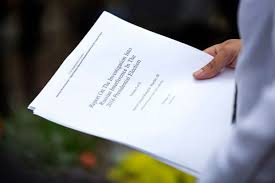
A report into the scandal in 2015 said there was “institutional abuse”.
The former First Minister of Wales (FMW) Mark Drakeford was the Welsh Government Minister for Health and Social Services at the time of the scandal, but went on to become the Cabinet Secretary for Finance and Local Government, before being appointed FMW.
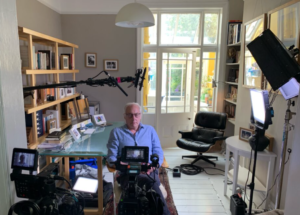
After the revelations he apologised and said there would be an “urgent meeting”, which has always seemed to me the least that should have been done.
In all of these cases ‘whistleblowers’ were integral, so any policy which helps them has my full backing – indeed ALL investigative journalists should support it…
Phil’s memories of his astonishing lengthy award-winning career in journalism (including the political stories he has covered) as he was gripped by the incurable disabling condition Hereditary Spastic Paraplegia (HSP), have been released in a major new book ‘A GOOD STORY’. Order the book now! The picture doubles as a cut-and-paste poster!

Publication of another book, however, was refused, because it was to have included names.
Tomorrow – Phil looks at the dangers facing reporters in other countries, and how it is now underlined by the appearance of one in a Russian court after his detention for over a year, with a shaven head surrounded by guards.








